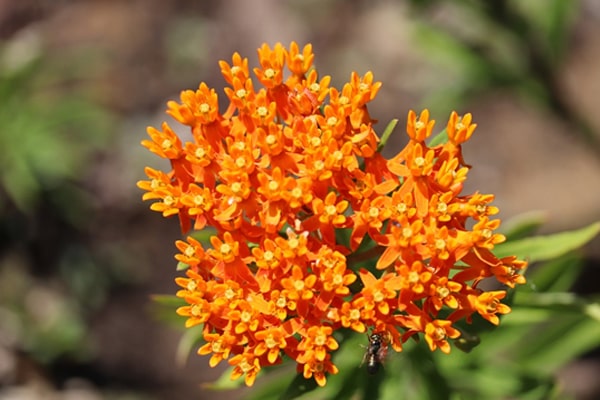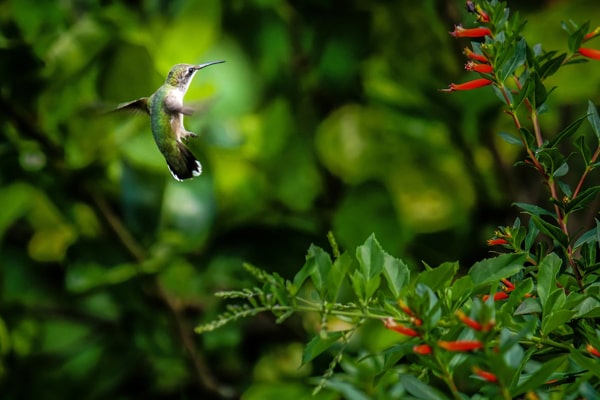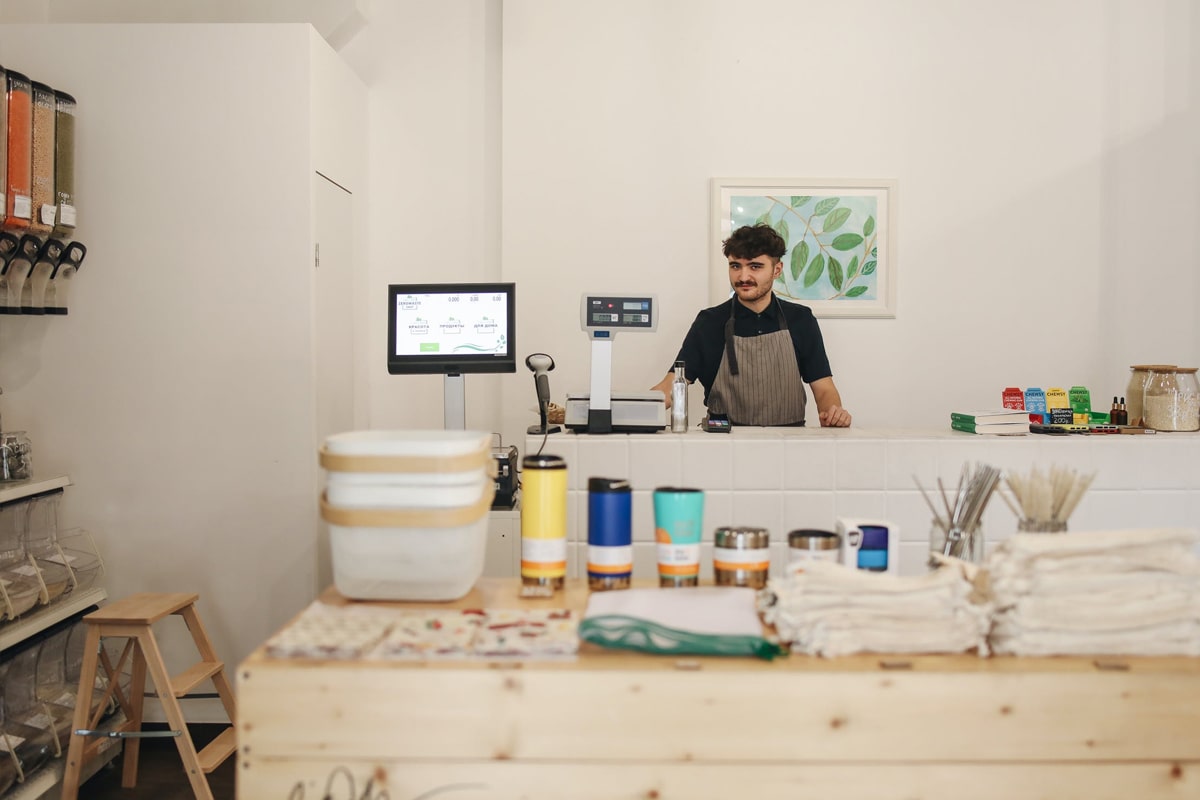Nowadays, gardeners are realizing the value of backyard gardens that are not only attractive but also provide havens for wildlife. Not only that, but gardening also helps reduce the adverse impact of climate change. As environmental awareness becomes more profound, creating a sustainable garden is now on hype.
This blog aims to educate readers with eco-friendly gardening techniques and principles, as well as to demonstrate the most efficient and cost-effective organic gardening methods available.
So, grab your gardening tools now and start making a garden that is eco-friendly and sustainable:
Soil Health Improvement
The type of soil to be used for gardening is a crucial element to consider. Learn how to make compost and spread a thick layer of the organic waste or leaf mulch, over the soil for worms and other critters to consume. The soil structure will improve as a result, and nutrients will be delivered to the roots of the plants.
Let The Lawn Grow on Itself
Avoiding pristine lawns and letting them grow longer is one of the significant ways gardeners can establish a sustainable garden. Perfectly maintained lawns may become a thing of the past because of climate change, which may lead to water shortages and prolonged times of drought. It is also advisable to mow the lawn during summertime. You can also help reduce the carbon footprint by switching to electric mowers instead of using petrol to cut the lawn.
Select Native Plants

A naturalistic planting design that uses the proper native plants in the right spot saves both time and money. Having native plants and flowers in your garden help the insects for pollination, as well as other kinds of wildlife.
Try Permaculture Gardening
Permaculture gardening can be an effective daily practice to keep your outdoor patch in good shape. It will help attain a low-maintenance landscape, and you may already be doing it a lot.
Permaculture gardening includes utilizing food waste to compost, replacing synthetic fertilizers that can be harmful to the environment, not using one-off plastic, reusing or recycling pots, and letting dead plants to become fertile mulch.
Start A Dry Garden To Save Water
Whether you’re revising a border or remodeling an entire garden, planning a dry garden is a fantastic eco-friendly option.
Dry gardens are planted with plants that grow well in dry and sunny conditions. It is ideal for fragrant herbs and woody trees that require little water to grow.’
Prefer Natural Pest Control
Pesticides are known to be harmful to the various species that can be found in a garden. Thus, it is more advisable to utilize organic growing techniques.
If you want to grow a sustainable garden, make sure not to depend on chemicals. Instead, choose to use a gentler way like using natural pest control and sustainable fertilizer.
Collect Rainwater

Purchase a water bottle or use a large container to collect rainwater from your downpipes. It will help to start putting wet weather to good use for your sustainable garden. The collected water can then be utilized to water your plants, conserving water while providing your shrubs with the needed refreshment after a hot day.
Let the Birds Feed

Hang a bird feeder from a tree or scatter bird seed on your lawn to invite your feathered friends. There are many sites online showing inventive ways to make a bird feeder out of repurposed items like plastic bottles, glass jars, or scrap wood. While you’re at it, make some yummy bird goodies to hang in the garden.
Start your Own Vegetable Garden
Isn’t it lovely and satisfying to watch your own garden with lots of vegetables and other plants? It’s time to reduce the food miles by growing your own harvest. You don’t have to tend a large area to start a vegetable garden. Not only will you have healthy foods on the table. But you can also help reduce carbon dioxide emission and wastage. It’s fun and rewarding, too!
Sustainable Garden
A sustainable garden may sound simple, but it can bring a lot of advantages to your family and the environment. With the tips mentioned above, you can start becoming more self-sustaining while creating a healthier and safer future to the next generation.





